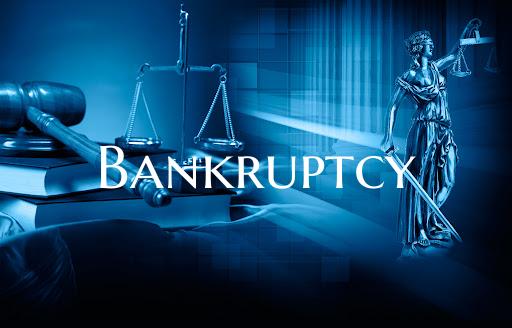
Bankruptcy
Bankruptcy: Understanding the Process and Implications
Bankruptcy is a legal process that individuals or businesses may undergo when they are unable to repay their debts. It is often seen as a last resort for those facing overwhelming financial challenges. Understanding the process and implications of bankruptcy is important for anyone considering this option.
There are several types of bankruptcy filings, with the most common being Chapter 7 and Chapter 13. Chapter 7 bankruptcy involves the liquidation of assets to pay off debts, while Chapter 13 allows for a repayment plan to be established over a period of time. Each type has its own eligibility requirements and consequences, so it's crucial to consult with a legal professional to determine the best course of action.
One of the key implications of filing for bankruptcy is the impact it has on one's credit score. A bankruptcy notation can stay on a credit report for up to 10 years, making it difficult to secure new credit or loans during that time. However, bankruptcy also provides a fresh start for those overwhelmed by debt, allowing them to begin rebuilding their financial standing.
It's important to note that not all debts can be discharged through bankruptcy. Certain obligations, such as student loans, child support, and tax debts, are generally not eligible for discharge. Understanding which debts can and cannot be included in a bankruptcy filing is crucial for planning for the future.
In conclusion, bankruptcy is a complex legal process with significant implications for individuals and businesses. While it offers a way out of overwhelming debt, it also comes with long-term consequences that should be carefully considered. Seeking guidance from a qualified legal professional can help navigate the bankruptcy process and make informed decisions about one's financial future.
